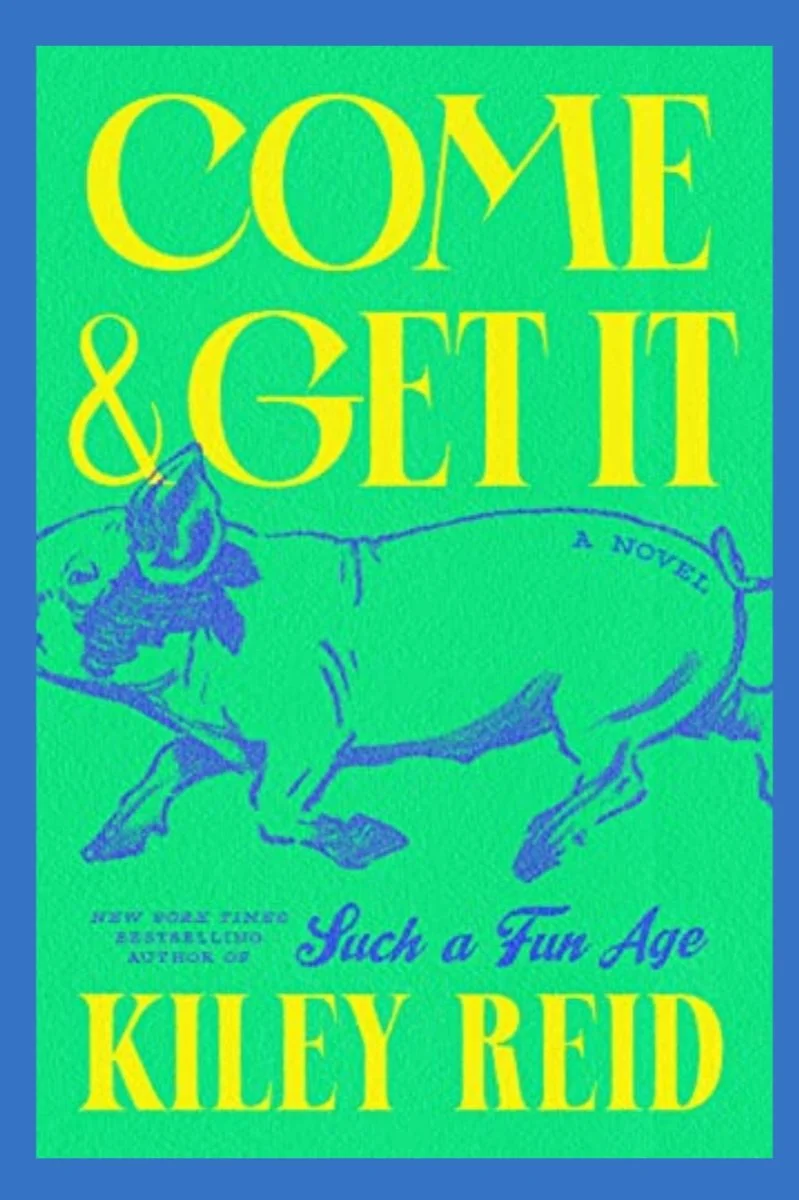Lula Dean’s Little Library of Banned Books – Kirsten Miller
This razor-sharp satire cuts through the absurdities of modern culture wars with equal parts humor and horror. Set in the fictional town of Troy, Georgia, “Lula Dean’s Little Library of Banned Books” challenges the insidious power of fear, misinformation and moral posturing, all centered around one of the most contentious battlegrounds of our time: books.
What begins as a school board debate over banned literature escalates into a full-blown reckoning with the town’s history and hypocrisies. Kirsten Miller wields her critique like a scalpel, deftly exposing the irrationality and contradictions of reactionary movements while making readers laugh — albeit sometimes nervously.
At the heart of the novel is Beverly Underwood, a pragmatic moderate caught in the crossfire of a manufactured moral panic, and her antagonist, Lula Dean, a self-appointed crusader against the corruption of young minds.
Lula, propelled more by personal vendettas than genuine conviction, weaponizes parental fear to build a movement against books she hasn’t even read (shocking, right?). She stocks her Little Free Library with so-called wholesome reads, only to have Beverly’s daughter quietly replace them with banned books – subversion disguised as compliance.
Each chapter bears the title of one of Lula’s “approved” books and how the banned story within impacted the townsperson who reads it. This device allowed Miller to weave a series of interconnected vignettes — almost like short stories — into a collective portrait of a town grappling with ideological upheaval.
What I appreciated most about “Library” is that Miller does not shy away from the grotesqueness of ideological battles. She throws everything into this novel: white nationalism, book bans, domestic abuse, #MeToo, media-fueled hysteria, racial resentment, monument removals and generational divides.
At times, the sheer volume of issues felt overwhelming, bordering on caricature, but her humor and tight character work kept the narrative from collapsing under its own weight. Her portrayal of the lengths people will go to preserve a past that never truly served them is both maddening and darkly funny. Miller’s writing and structure evoke the homespun charm of Fredrik Backman, but with an urgency and bite to elevate it beyond popcorn literature.
While Miller’s depiction of Troy’s conservatives is largely unflattering, she does not present a simple us-versus-them narrative. Characters like Beverly and Betsy — a Black florist who worked alongside Lula for years — grapple with how to counteract extremism without becoming reactionary themselves. The novel ultimately suggests that engagement, however difficult, is the only path forward.
Still, the book is unabashed in its sympathies. This is not a balanced portrayal; it is a book for those who are tired of the relentless attacks on "wokeness" — which, at its core, is about empathy and letting others live as they choose — and who desperately want to scream at the foolishness of it all. That “Library” will likely be banned in the very communities it satirizes only underscores its relevance.
January LaVoy masterfully captured the Southern cadence and individual personalities of Troy’s residents, ensuring they felt distinct and fully realized in the audiobook. LaVoy balances humor and tension seamlessly, allowing both the novel’s wit and emotional weight to resonate. I appreciated that she never let the characters slip into parody, likely because she’s a southerner herself.
At its core, the novel grapples with the fragility of truth — how it is twisted, feared and contested. Miller offers no easy solutions, but she does provide a playbook: meet people where they are, understand what drives them and push back – sometimes gently, sometimes forcefully.
For book lovers and those on the front lines of intellectual freedom this is both a comfort and a call to action. It won’t reach the audience that needs it most, but for those feeling overwhelmed or discouraged, it affirms that they are not alone — and that the fight is worth it.
Rating (story): 4/5 stars
Rating (narration): 5/5 stars
Format: Audiobook (library loan)
Dates read: February 25 – March 2, 2025
Multi-tasking: Okay. The writing is good and snappy, but there are so many characters in this novel that come in and out of focus that if you aren’t paying attention you’ll lose track. I recommend activities that allow you to concentrate only.





